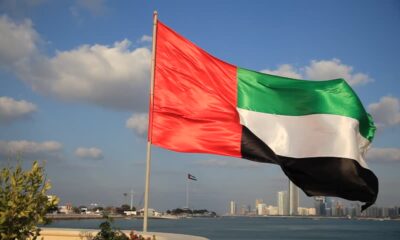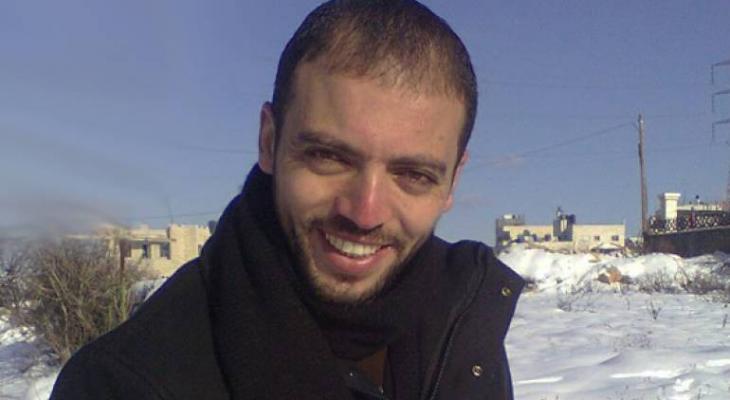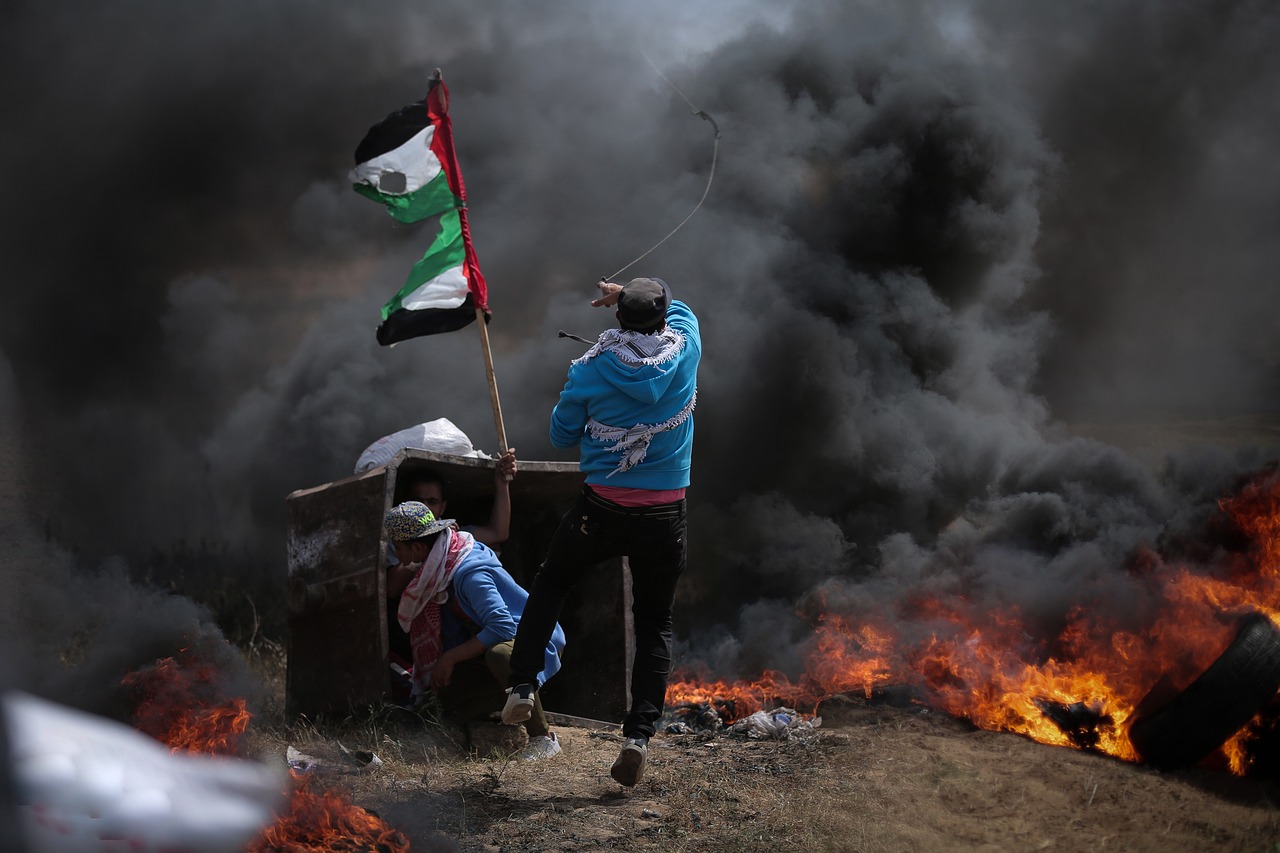Until now, whatever we’ve heard, seen, or read about Gaza’s children, the reality on the ground is far worse than we could ever imagine. The situation for Gaza’s civilians, especially its children, is beyond heartbreaking. The Israeli army has created a reality so devastating that today, children are choosing death over life.
Yes, what you’ve read is true.
A survey conducted among 500 children in Gaza revealed harrowing results: nearly 96% of them feel that death is near and that it’s only a matter of time before they lose their lives. Out of these, 49% openly expressed that they would rather embrace death than continue to endure the horrors of war, constant displacement, and unending famine.
These children are exhausted—worn down by a war they never asked for, by the loss of their homes and families, and by the unbearable hunger and fear that haunt their every moment. To them, death feels like a release, an escape from a life that offers only pain and suffering.
Israel Shows No Signs of Stopping
Recently, on December 13, 2024, an airstrike targeted a post office where people were taking shelter, killing 30 civilians and leaving over 50 seriously injured. The Israeli army continues its assaults as if the lives of Gaza’s civilians hold no value in this world.
The way people are being killed is so brutal that even animals wouldn’t be treated this way. The constant violence and fear of death have plunged the people of Gaza into a state of severe fear, aggression, withdrawal, and overwhelming hopelessness.
Reports further reveal that families with disabled, injured, or unaccompanied children are suffering the most. Such circumstances exist because the pain and suffering of the people of Gaza seem endless. One tragedy barely ends before another begins, yet another disaster strikes before that can settle.
According to a survey, 88% of Gaza’s population has been displaced multiple times, with 21% displaced six or more times. This relentless cycle of loss and upheaval has taken a severe toll on their mental health. Fear grips their minds, constant displacement and hunger torment them, and these hardships are having a devastating impact on innocent children and their families.
Many have reached their breaking point, worn down to the extent that they have lost the will to live, with countless children and adults alike longing for death as an escape from this unbearable reality.
The Women are suffering
The situation for women in Gaza, especially pregnant women, is even more dire than that of the children. Currently, there are 73,000 pregnant women in Gaza, and if you didn’t already know, over 63 multi-specialty hospitals have been destroyed. As for smaller clinics and basic healthcare facilities, their condition is beyond deplorable.
These women lack adequate nutrition, essential medicines, and even access to clean air. The fear and stress of war have worsened their conditions significantly. A critical question looms over Gaza: how will these women deliver their babies? And if they do, how will these newborns receive the care they need in a medical system that has been obliterated?
An estimated 155,000 pregnant women and new mothers are struggling to access even basic maternal and newborn healthcare. Preterm and complicated births have increased, and healthcare workers report that among the 130 women giving birth daily, healthy-weight babies are rarely seen anymore.
Even necessities like sanitary pads, essential medicines, and protein supplements are unavailable. Aid is blocked at the borders, over 600 water wells have been deliberately destroyed, and in the cruelest of ironies, people are now forced to loot for food to survive.
Economically, the devastation is staggering. Most families in Gaza survive on just £3.28 ($4.15) daily, with 80% of breadwinners unemployed. In a shocking revelation, 24% of families surveyed are headed by children as young as 16 or younger.
The women of Gaza, especially those carrying the next generation, are fighting not just for survival but for basic dignity in a world that seems to have turned its back on them.
What Next for Children and Women in Gaza?
The international community must act immediately before the catastrophic effects on Gaza’s children become irreversible. Surveys already indicate that the damage has been done. If immediate action is not taken, these children will struggle to grow mentally and emotionally.
They will remain trapped in their painful memories, unable to heal, and this trauma will inevitably impact future generations, affecting their lives and even their health. In this way, entire generations risk being wiped out, not just physically but mentally and emotionally.
A ceasefire must be the first step to allow organizations like War Child and other humanitarian agencies to address the severe psychological damage Gaza’s children are enduring.
The CTCCM and War Child Alliance have urged the international community to prioritize mental health interventions and provide urgent humanitarian assistance for the children of Gaza. They have emphasized that addressing the root causes of this crisis is critical to preventing further harm to future generations.
For women, the need for immediate humanitarian aid is equally dire. Without aid, not only will babies die, but their mothers will also succumb to the lack of proper medical care and essential supplies. The spread of disease will only worsen the situation, leaving Gaza in an even deeper humanitarian crisis.
A ceasefire is not just necessary—it is the only option left to save Gaza from complete annihilation. It is the bare minimum required to ensure its people’s survival and give them a chance to rebuild their lives and future.



 Featured1 year ago
Featured1 year ago


 Featured2 years ago
Featured2 years ago


 Featured1 year ago
Featured1 year ago


 Featured3 years ago
Featured3 years ago


 Featured4 years ago
Featured4 years ago


 Featured2 years ago
Featured2 years ago


 Featured1 year ago
Featured1 year ago


 Featured2 years ago
Featured2 years ago


